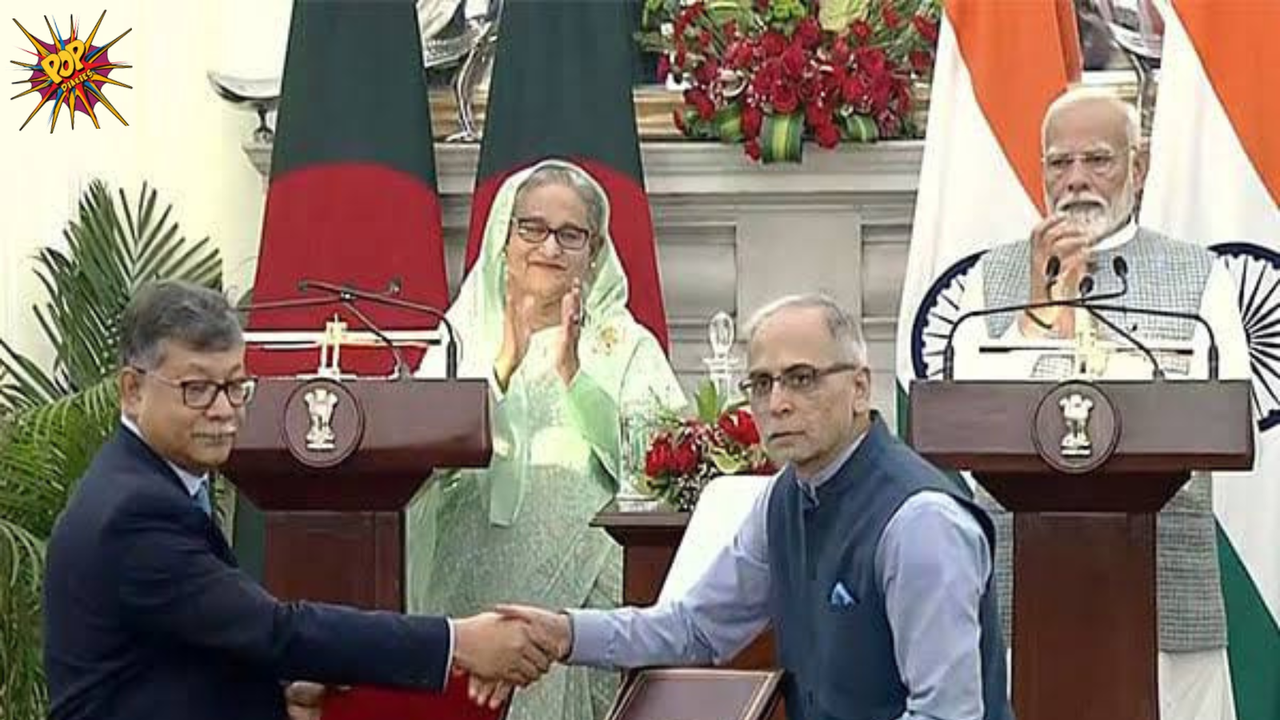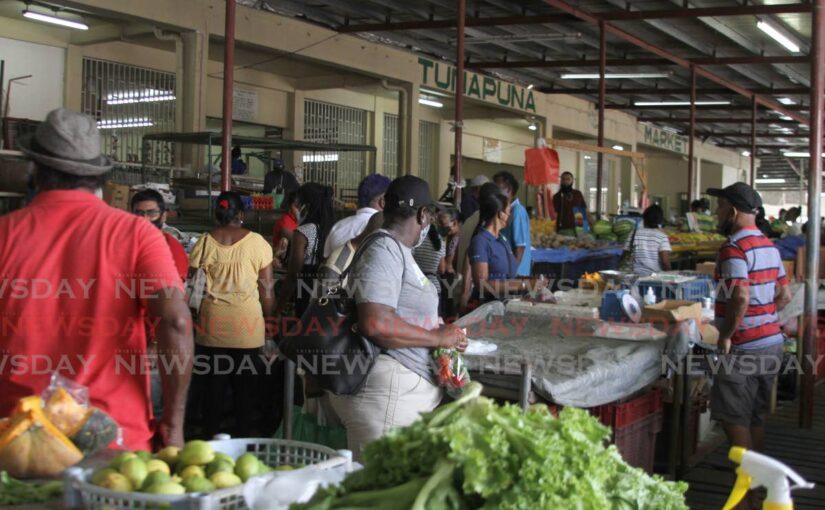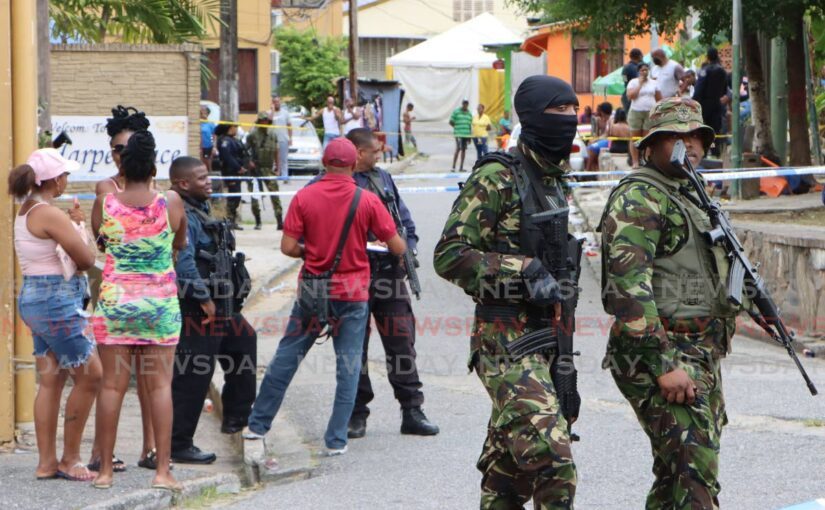By Ahammad Foyez In the three weeks sinceSheikh Hasina fledBangladesh, prompting euphoria in the student-led movement that ousted her, the country...
Vous n'êtes pas connecté
- English
- Français
- عربي
- Español
- Deutsch
- Português
- русский язык
- Català
- Italiano
- Nederlands, Vlaams
- Norsk
- فارسی
- বাংলা
- اردو
- Azərbaycan dili
- Bahasa Indonesia
- Հայերեն
- Ελληνικά
- Bosanski jezik
- українська мова
- Íslenska
- Türkmen, Түркмен
- Türkçe
- Shqip
- Eesti keel
- magyar
- Қазақ тілі
- Kalaallisut ; kalaallit oqaasii
- Lietuvių kalba
- Latviešu valoda
- македонски јазик
- Монгол
- Bahasa Melayu ; بهاس ملايو
- ဗမာစာ
- Slovenščina
- тоҷикӣ ; toğikī ; تاجیکی
- ไทย
- O'zbek ; Ўзбек ; أۇزبېك
- Tiếng Việt
- ភាសាខ្មែរ
- རྫོང་ཁ
- Soomaaliga ; af Soomaali
Rubriques :
 Maroc - EURASIAREVIEW.COM - A la une - 07/Aug 19:48
Maroc - EURASIAREVIEW.COM - A la une - 07/Aug 19:48
Nobel Winner Yunus’ Interim Bangladesh Government Must Fix 15 Years Of Misrule – Analysis
By Kamran Reza Chowdhury and Shailaja Neelakantan Nobel laureate Muhammad Yunus will head Bangladesh’sinterim government, the president’s office announced Tuesday, after Sheikh Hasina resigned as leader and fled the country a day earlier following weeks of mass protests. The Nobel Peace Prize winner had earlier accepted the students’ proposal to head an interim government, one of Yunus’ family members told BenarNews. Yunus, who was in Paris, was expected to return to Dhaka late Tuesday or Wednesday, his spokeswoman told local media. South Asia analysts said they approved of the choice of Yunus, who they noted was respected at home and abroad, although Hasina openly despised him alleging he had a role in the World Bank’s decision to cancel funding for a project more than a decade ago, a charge he denied. The analysts added that the 2006 Nobel winner would have a tough task ahead of him. They said Yunus would need to oversee an interim administration that must end violence and unravel 15 years ofHasina’s misrule, which included bending state institutions to her will, politicizing the bureaucracy, leaving the economy broken, and bearing responsibility for the more than 300 lives lost in protests since mid-July. The deadly crackdown by the police on university students protestingcivil service job quotas widened the agitation into a nationwide movement against the Hasina and her administration. Another challenge for Yunus is to ensure that the interim government’s members must get along, analysts said. That it took a meeting of five-and-a-half hours to announce Yunus’ name may not necessarily be an indicator of whether there was disagreement about him heading the interim government during the marathon meeting held by President Mohammed Shahabuddin Tuesday evening. The president held discussions with a group that included Army chief Gen. Waker-uz-Zaman and university students, who led the initial anti-quota protests that police and Hasina’s supporters tried to quash. They discussed the students’ proposal to name Yunus to run the temporary administration and interim government issues, students said later. Confirming Yunus had been named chief of the interim government, the president’s press secretary Joynal Abedin told BenarNews around midnight Tuesday local time that the names of who else will be part of the interim government would be announced later. ‘Poisonous polarization’ Other actions the president took Tuesday were to dissolve the Parliament and free main opposition leader Khaleda Zia, who had been serving a corruption sentence since 2018, mainly under house arrest due to ill health. His office had announced on Monday that Khaleda would be freed. The president also replaced the country’s chief of police, Chowdhury Abdullah Al-Mamun, in the public interest, a government note said. The dissolution of Parliament potentially clears the way for the formation of an interim government. And with Bangladesh stillon edgeon Tuesday, the most important near-term challenge for that government would be managing law and order, said Michael Kugelman, director of the South Asia Institute at the Wilson Center, a global affairs think-tank in Washington. “Unrest continues and no entity is keen to step out and ease that. The police and the paramilitary are hated, and the army is reluctant to be out there,” he told BenarNews. The army, he said, had not been at the forefront of the crackdown on the protests. The police, the paramilitary and the student wing of Hasina’s Awami League party had. On Tuesday, crowds continued to attack police stations and fought with other groups in various districts and cities. It also emerged that the death toll from violence after Hasina’s exit was higher than earlier believed. At least 108 people were killed nationwide after Hasina quit, according to a tally of figures from district hospitals and civil administrations. The number was expected to rise because of more deaths that were still not verified, officials said. As Kugelman noted, missing in action in Dhaka and other places were fearful members of the police force, who had been seen out on the streets in large numbers during the anti-quota protests at first, and then the anti-government agitation. Elias Khan, a public servant, said that a crowd of hundreds swarmed residential complexes near the parliament premises. A day earlier, many of the residents there had been robbed by similar groups, he said. Another resident there, Fazlur Rahman, said they had called the police but no one answered. “One of my police friends told us that the police have been fighting to save their [own] lives. How can they save you?” he told BenarNews. A spokesman of the Dhaka Metropolitan Police admitted that no police were available because they were trying to protect themselves. “The police are not working,” spokesman Md. Faruk Hossain told BenarNews. In the absence of the police, many students and young people took on the task of directing traffic and cleaning up some of the mess left behind by the unruly crowds. ‘Completely uncharted territory’ The Wilson Center’s Kugelman noted that Bangladesh “had not faced a crisis of this type – on a number of levels – since it was formed in 1971.” The situation in the South Asian nation of 170 million people is “completely uncharted territory,” he said. “And while I would like to think there are well-intentioned people at play [in forming the interim government], this is a political environment poisoned by the polarization that Hasina has left behind, so it could be a difficult task.” “The Awami League is out (for now), but we are still looking at a broader polarization with different parties who will still have disagreements and ideological and political differences that may not converge in this interim government,” he said. Kugelman said he did believe, though, that the university students seemed to have a genuine desire to see the restoration of democracy and a peaceful transition to such a state. Yunus playing a big part in theinterim governmentis a positive sign, Kugelman said, adding that if a plan to include technocrats and scholars returning from abroad was indeed in the works, it could end the current political volatility. “If the various stakeholders could put together the rest of this administration within 15 days, there is a good chance for Bangladesh to transition to democracy peacefully,” Kugelman said. “If they struggle that’s a bad sign – long periods of political uncertainty tend to increase violence.” ‘Unique situation’ Bangladesh has never had a prime minister or president decamp before without a constitutional provision for a caretaker government, which is an administration that rules during the transition from one elected government to the next. Therefore, said Nizam Uddin Ahmed, a political commentator in Bangladesh, the current situation brings several problems for any interim government that will be set up. “This is a unique situation. For the first time in history, an elected prime minister flees the country,” he told BenarNews. To ensure no renewed political crisis, he said that after the next general election, whenever it is held, the parliament would need to immediately legitimize the measures taken by the interim government. “These actions must be validated when a new parliament is formed,” he said. “The next parliament must amend the constitution to legalize all activities of the interim government as happened in the case of Justice Shahabuddin Ahmed in 1991.” Nizam was referring to the last time Bangladesh had an interim government, which was formed under similar circumstances. Back then, after mass demonstrations forced President H. M. Ershad, who had ruled under a military dictatorship, to resign, three party alliances agreed that the chief justice, Shahabuddin, should head an interim government, a paper by the United Nations refugee agency UNHCR explains. The currentsituationis not entirely unprecedented because of the 1990-1991 example, although there are significant differences, said Jon Danilowicz, a retired United States diplomat who served three assignments in Bangladesh. Caretaker governments were later enshrined in the country’s constitution through the 13th amendment (1996), but the Hasina government scrapped the system in 2011 through the 15th Constitutional Amendment, he noted. “What is new now, is that the form of this interim government will be different,” Danilowicz told BenarNews. “And what it will be this time remains to be seen. Given that there is no existing legal framework it is not clear how they will form, and what kinds of people will be in it.” On Monday, it was the Bangladesh Army that announced Hasina’s resignation and said that an interim government would be formed. Gen. Waker-uz-Zaman had said that he had held talks with several political parties, except the Awami League, after which he met the president and they together decided the way forward. ‘Far more dire’ The students have made clear they don’t want to see the army play a dominant role. “So it remains to be seen what the balance will be between the civilian interim govt and the army,” Danilowicz said. Whatever form the government takes, its biggest challenge will be to improve the already precarious Bangladesh economy that has worsened in the past weeks, according to the retired U.S. foreign service official. “Once the realization hits of how much wealth was stolen from the banking system, we will see that the economic situation is far more dire,” he predicted. “This interim government will need a lot of assistance and need the right people to direct economic policy.” As for general elections, a caretaker government’s term was traditionally limited to 120 days (with elections to be held within 90 days). Everyone agrees the interim government’s primary responsibility is to hold polls, the former diplomat said. This time, though, it would be hard to say how long Bangladesh will take to be ready for elections, because of “the degree to which the Awami League politicized the administration, security forces, and judiciary,” Danilowicz said. “The task of unraveling all that will be very difficult and that needs to happen to eventually hold free, fair and credible elections. That will also be a big challenge,” he said. “It took 15 years to mess it up, so it will take time to fix it.”
Articles similaires
No More Rubber Stamp Promotions: Police Commission Chairman Vows to End Special Promotions
The Chairman of the Police Service Commission, DIG Hashimu Argungu rtd today, Tuesday, September 3rd 2024, received in audience, a delegation of...
With Jokowi’s Maneuvering, Indonesian Democracy Faces Gravest Threat Since Suharto’s Fall – Analysis
By Pizaro Gozali Idrus Indonesian democracy is facing the gravest threat to its survival since authoritarian President Suharto fell in 1998, with...
Bangladesh Interim Govt to Reassess MoUs with India
Bangladesh’s interim government, led by Nobel laureate Muhammad Yunus, is considering reviewing and potentially canceling the Memoranda of...
Kenya police probe school blaze that killed 17 boys
Kenyan police stepped up their investigations Saturday into a prime school dormitory blaze that killed 17 boys, as families faced an agonising wait...
Kenya police probe school blaze that killed 17 boys
Kenyan police stepped up their investigations Saturday into a prime school dormitory blaze that killed 17 boys, as families faced an agonising wait...
THA secretary: Politicians in Trinidad behind search at my home
THA SECRETARY of Infrastructure, Quarries and Urban Development Trevor James has alleged “politicians in Trinidad” were behind the police search...
Bangladesh’s Islamist Opposition Wants Election Roadmap – OpEd
Bangladesh’s interim government chief advisor Prof Muhammed Yunus may want to take his time for implementing reforms needed to institutionalise...
Chambers, cops advise small businesses: Don’t pay extortionists
President of the Tunapuna Police Station Community Council and director of the Greater Tunapuna Chamber of Industry & Commerce Neil Boodoosingh says...
Ex-gang members: ‘Spare the innocents’
GANG activity in TT is pushing the murder toll to record highs every year. For some, gangs determine where they go and what they wear. Gang culture...
Les derniers communiqués
-
Adobe Brings Conversational AI to Trillions of PDFs with the New AI Assistant in Reader and Acrobat
Adobe - 21/02/2024
-
Laura Frigenti takes the Helm as Chief Executive Officer of the Global Partnership for Education
Global Partnership for Education - 05/12/2022





